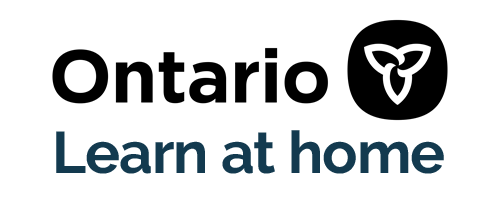Poetry
Goals
- review the genre of poetry and identify some of its unique characteristics
The Learning Task
Last week our literacy prompts focused on generating our personal writing territories* or ideas that we can return to for writing inspiration (heart maps, hands, life map, awesome ideas).
This week we will explore different genres. Genre is the form that a piece of writing takes. Each form of writing has its own unique characteristics or traits.
Poetry is generally the opposite of prose. Prose uses sentences and paragraphs, and while poetry may use sentences and paragraphs, it also might not and doesn’t need to. In addition, poetry can use nonfiction or fiction topics as inspiration.
There are specific forms of poetry that follow predetermined patterns and rules (haiku, cinquain). Free verse poetry is free from rules and uses wordplay, repetition, poetic devices (such as metaphors and similes) and the space on the page to name a few characteristics to express thoughts, feelings and information.
For many, song lyrics are considered poetry. American singer and songwriter Bob Dylan was awarded the Nobel Prize for Literature in 2016 for his songwriting.
May 1 annually is honoured internationally as the International Day of the Worker. Right now during the pandemic, everyday workers have special roles in our society. Alicia Keys recently wrote the song, Good Job to represent and thank many of the everyday heroes of this pandemic. Read the lyrics to the song and listen to how the songwriter uses her voice as a tool to enhance the meaning of the written word.
I wrote this for all the people that work so hard & never hear the words Good Job. I believe in us though, I believe in the way we are showing up for each other & caring 👏🏽👏🏽👏🏽
Love to @therealswizzz @thekingdream & #AvenueBeatz for creating this w/ me 💜💜Thank you @CNN pic.twitter.com/UBSFV63CyR— Alicia Keys (@aliciakeys) April 24, 2020
What characteristics of poetry can you identify in the song lyrics?
What is one of your writing territories* that you might like to develop into a poem?
Daily task! Don’t forget to engage with your Writer’s Notebook: Creating a Place for Reflection
Note: please see the information in this lesson for guidance.
* term coined by Nancie Atwell
Categories: Elementary

